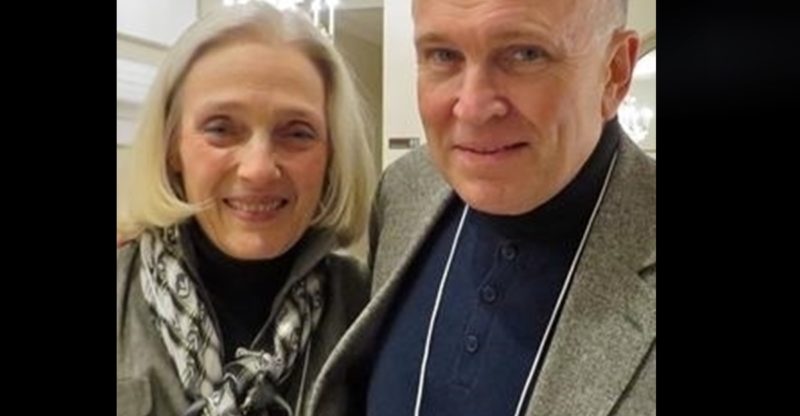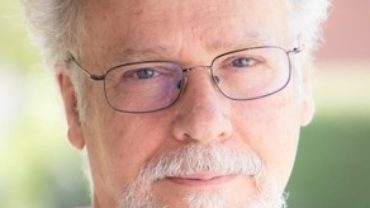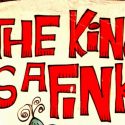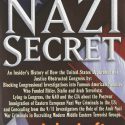The Journey 94. Paul Fitzgerald & Elizabeth Gould: JFK and The Power of Peace
Publisher RA “Kris” Millegan talks with Paul Fitzgerald and Elizabeth Gould about JFK’s peace speech at American University, how its principles can still help the world today, the May 25, 2022 FREE Zoom event about it (ROUNDTABLE 9 – RSVP at Valedictiondotnet/eventlist), the need to transcend the Hegelian Dialectic, and the reality of the mystical dimension.
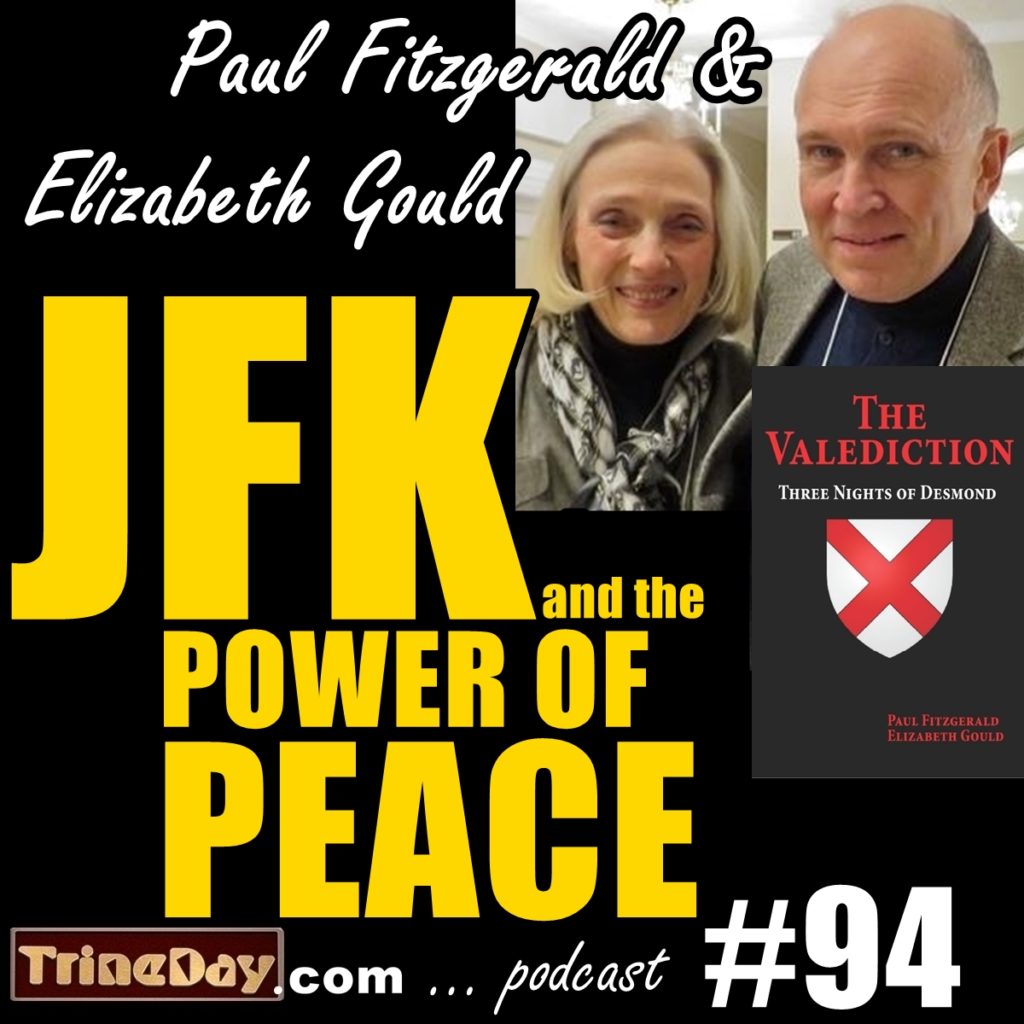
THE VALEDICTION is Paul and Liz’s two-book novelized memoir about their journalism in Afghanistan in the 1980s, their return home, where American media would not broadcast the truths that they had found, and their journey into history, mysticism, and the real power behind empires.
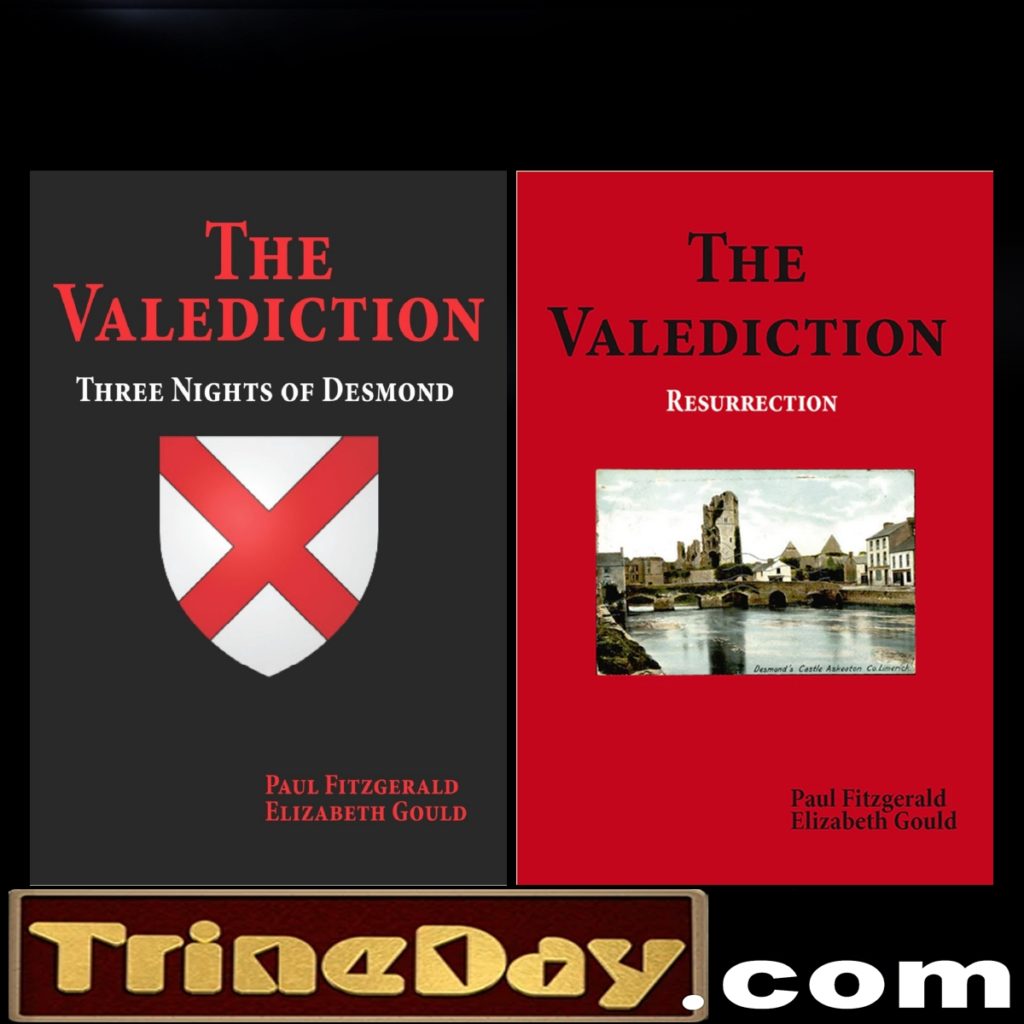
Liz: We have to change the definition of fiction in order to truly understand what fiction is. I believe fiction is when you intentionally distort facts, or intentionally leave them out, to misrepresent and mislead people. That is fiction. And that, my friends, is what we call propaganda. But people have been led to believe that propaganda is a legitimate tool.
Kris: What are us poor, suffering populous to do?
Liz: We’re supposed to resurrect JFK’s peace plan. We’re supposed to take the blueprint that he left for us. That is so inspiring. And intriguing. Because you can really see what he was up against in [it]. He makes a lot of points that are speaking to guys like Curtis Lemay, who told JFK that he [should] drop 200 nuclear bombs on the Soviet Union at some point. And JFK realized what kind of nutcase he was dealing with.
But you can really see in the speech, he knew he had to speak to those guys, and he had to speak to them in a very specific way to guarantee that common sense people would see the point, even if some of these neo-con type people would never see it.
More people would be less attracted to the neo-con dialectic if they had the kind of clear thinking that JFK presented about how to deal with the complexity of differing worldviews, having to come to some common conclusion that is good for [all sides].
Kris: “What kind of a peace do I mean? What kind of peace do I seek?”
Liz: There are lines that will really move people who are not caught up in the dialectic. It’s all there. You can see his effort … to shut down some of the, you know, the extreme neo-con guys, the ones that wanted war. What Brzezinski basically did when he shut down the whole big talk with the Soviet Union by tricking the Soviets into Afghanistan.
Kris: And the neo-cons came out of Trotsky!
Liz: They’re all Trotskyites. It’s pure Trotsky.
Paul: You can’t argue with them. Fulbright talked about that. He complained about it. Senator Fulbright wrote a wonderful article in 72, and he said, “You can’t argue with these people. They don’t want to come to a conclusion. They don’t want to make anything better. They just want to win. They’ll just simply tell you the opposite of whatever it is you stand for and where are they grounded.”
Kris: What does “The Valediction” mean?
Paul: The valediction is the last word. The farewell, where you incorporate, in a statement or a book, [what you learned] in the context in which you learned it, and then share that. That’s what I wanted to do. I said to Liz, “We have to take the experience that we had and put it in this form so people will understand the context in which we came to know these things.” The people, the incidental things that occurred.
And what has been really miraculous is writing it and going back through events that I thought that I really understood [and] all of a sudden I realized that this other stuff happening here. There’s another layer underneath.
And then in writing this and going back through these experiences and then comparing my notes with other events and sometimes with dreams that I had had, or Liz had had at the time, we realized that we had had a very, very multi-dimensional experience.
Kris: You started having dreams. Did these freak you out when it first happened?





